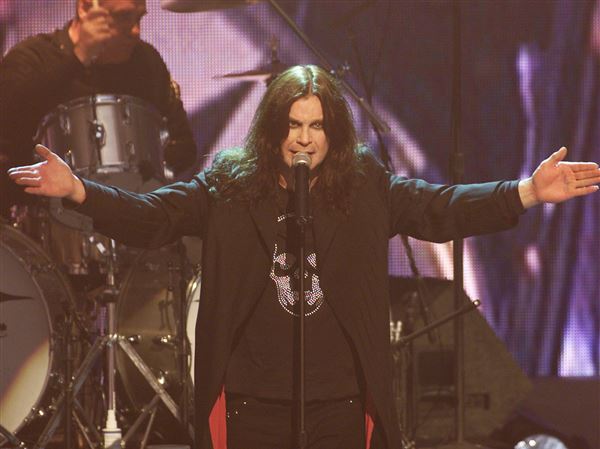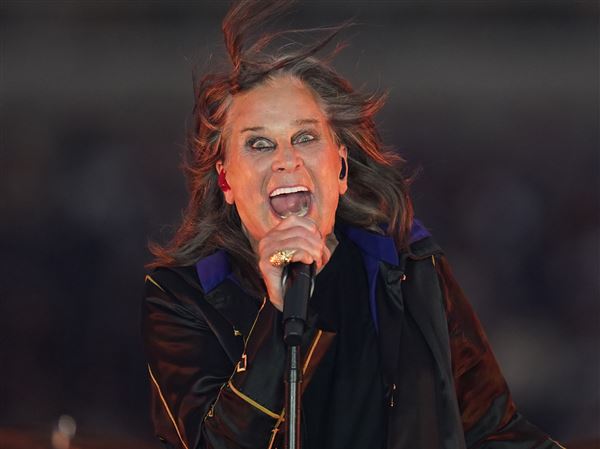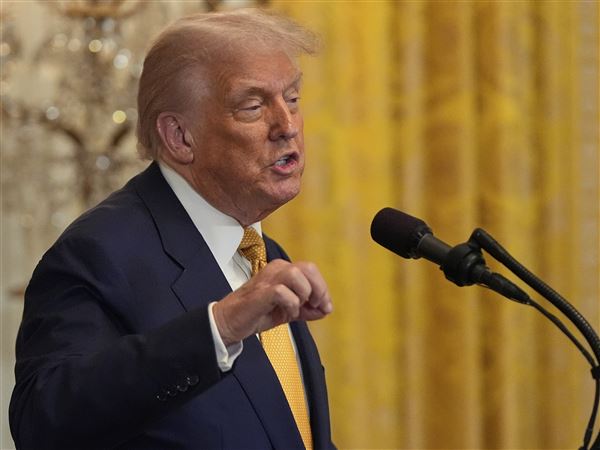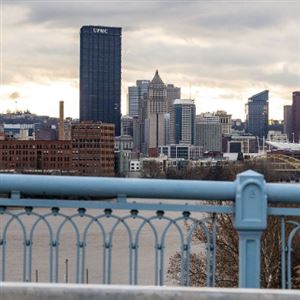At first blush, a state school tuition voucher proposal, expected to be the first bill proposed this year in the state Senate, might seem like deja vu.
But the proposal for "opportunity scholarships," as advocates of tuition vouchers call them, has some differences from those that cropped up repeatedly during the Ridge administration in the 1990s.
And times have changed significantly.
In the early 1990s, there were no charter schools -- public schools of choice -- in Pennsylvania, but that changed when a state law took effect in 1997.
Now there are more than 160 charter schools, including cyber charter schools, statewide.
Chartered by school districts and run by separate boards, charter schools are open to any resident of Pennsylvania, with a lottery if too many sign up. Students don't pay tuition; the home school district pays a fee set by the state.
A tax credit for businesses contributing to scholarship funds largely for nonpublic school students also didn't exist in the 1990s. The Educational Improvement Tax Credit started in 2001.
The voucher proposal, announced last week by state Sens. Jeffrey Piccola, R-Dauphin, and Anthony Williams, D-Philadelphia, would allow low-income students from "persistently poorly performing" public schools to switch to other public or private schools -- and receive taxpayer-funded vouchers to pay their tuition. Proposals in the 1990s had broader reach.
The voucher proposal specifically calls for increasing the Educational Improvement Tax Credit from the $75 million expected to be in effect in 2011-12 to $100 million.
The idea of school choice has captured the national spotlight.
That attention includes the federal No Child Left Behind Act, which allows children in certain poorly performing public schools to transfer to another public school. Also, U.S. Education Secretary Arne Duncan has been strongly encouraging states to become more hospitable to charter schools.
"The idea of options being available to kids is not only less radical, but it is more of a reality today than it was 15 years ago," said Ron Cowell, a former state legislator who is president of the Education Policy and Leadership Center, a Harrisburg-based nonprofit organization.
Dennis Giorno, a member of the new governor's transition task force on education said, "You still have parents who have children who are trapped in failing schools. As long as one child is trapped in failing schools, there's a need for more choice."
In addition to using charter schools and EITC-funded scholarships, parents in some districts also have a choice of sending their children to the assigned regular school where they live, other schools within their districts and magnet schools.
Yet the state is facing a more challenging financial situation than it did in the 1990s.
This school year, the state is counting on $654.7 million in federal economic stimulus money to help foot the basic education subsidy bill.
But that money -- which accounts for about 11 percent of the basic education subsidy this school year -- is not expected to be renewed for 2011-12. The state also expects to lose millions of dollars in stimulus money for other aspects of education and other services.
"Some people will argue that vouchers are a way of relieving the state and taxpayers for some of the burden for public schools, and others will argue this is going to create a whole new expensive program at the time when the state can't afford its current responsibilities," Mr. Cowell said.
Debate is also likely over whether vouchers are legal under the state Constitution.
Stuart Knade, chief counsel of the Pennsylvania School Boards Association, argues the state Constitution has provisions not found in some other states that would be "huge obstacles to any voucher program."
Under the proposal, the vouchers would be phased in over three years, beginning with low-income students currently attending a persistently lowest-achieving school.
More than 140 schools statewide fall into this category, which includes schools in the bottom 5 percent of achievement on state tests.
In the second year, all low-income students living in the attendance area of a persistently lowest-achieving school would be eligible whether they attended that school or not.
In the third year, all low-income students would be eligible no matter where they went to school.
The vouchers would come out of state subsidies to the home school district, with an amount up to the state's per-pupil subsidy going toward the voucher.
The public or private school of choice is not required to accept the scholarship students.
The debate promises to be vigorous with vocal groups on both sides.
Tim Allwein, assistant executive director of the Pennsylvania School Boards Association, said nonpublic schools do not have to comply with the same accountability standards as public schools, including taking state tests and questioned whether vouchers would improve education.
In a letter sent last week, John Tarka, president of the Pittsburgh Federation of Teachers, urged area legislators to oppose the bill.
"The last thing public school districts need is new legislation that would divert badly needed funds from public schools to private and parochial schools."
A rally in support of school choice is planned from 2 to 4 p.m. Tuesday in Harrisburg by FreedomWorks, a Washington, D.C., organization that collaborates with organizations seeking lower taxes, less government and more freedom.
The organization has started a Pennsylvania school choice campaign because the "organization believes that Pennsylvania parents should have the power and opportunity to choose their child's school and reap the benefits of free-market competition," said spokeswoman Jacqueline Bodnar.
Mr. Giorno was encouraged by the inaugural remarks of Gov. Tom Corbett, who said, "Our education system must contend with other nations and so we must embrace innovation, competition and choice in our education system."
"My BlackBerry was ringing off the hook Tuesday when he mentioned choice in his speech," said Mr. Giorno. "That was a signal to many that it's going to be a priority."
First Published: January 24, 2011, 5:00 a.m.
















